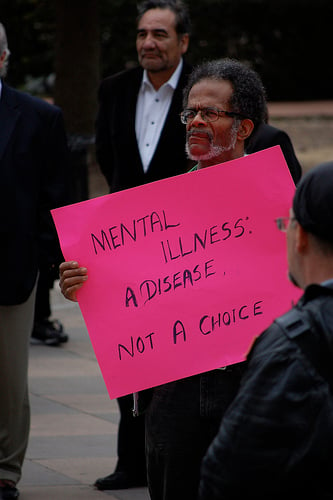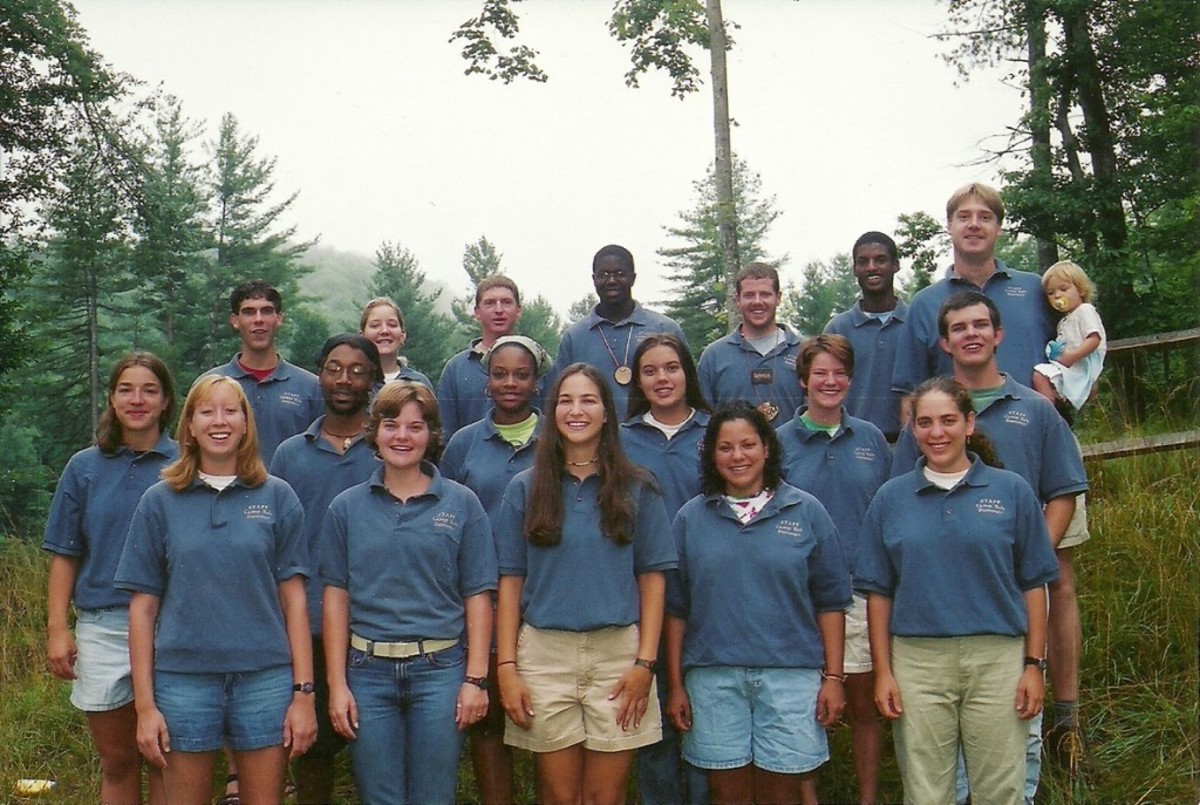So you want to be a counselor: 8 Questions you should ask before you start
Are you ready to become a counselor?
Counseling is a wide ranging field that is in demand and requires well-trained and highly disciplined professionals. Counselors assist those who need a hand to reach their goals by addressing a wide range of emotional, social, and behavioral problems. Although there are different requirements for different types of counselors and requirements vary by jurisdiction, in general a lot of preparation goes into become a counselor. In this article, we will explore what type of person is needed for the counseling field by asking 8 questions for self-examination.
Counselors spend a lot of time learning about their craft.

1. Do I like to study?
Counselors need to engage in formal and informal education throughout their careers. In most states counseling is regulated by the state government and counselors are required to be licensed. In order to become licensed a graduate degree in counseling or a very similar field is required. Additionally, state governments will require counselors to obtain a given number of continuing education hours in order for licenses to be renewed. This is done to ensure counselors are keeping up with current trends in the field. In addition, beginning counselors must receive “supervision”, typically for one hour for each week of full-time work. Supervision is a face-to-face meeting with someone who is already fully licensed to discuss cases, counseling style, paperwork, and any of the counselor’s work related personal concerns. Someone entering the counseling field needs to anticipate 2 years in graduate school, approximately 20 hours per year earning continuing education hours, and weekly supervision. This is all in addition to researching one’s professional interests. In short, a lot of education is involved.

2. Do I really know how much counselors make?
Counselors typically work in one of four settings: government agencies, non-profit agencies, group practices, and private practices. Local and state level government agencies pay a modest amount for counselors on par or slightly lower than what they are paying elementary school teachers. The federal government will likely pay higher, but these opportunities are very limited. Non-profit agencies often offer salaries, but if the position is funded by a grant the pay may also be modest. Group practices and private practices typically work on a fee-for-service schedule. As a result, they pay higher than the hourly salaries offered by other agencies. However, because it is fee-for-service, if for some reason the counseling session does not occur, the counselor is not paid. Even when the practice charges cancellation fees, the counselor needs to be prepared for not getting paid in the event of bad weather, the counselor’s illness, and other issues that may prevent sessions from occurring.
But counseling will be rewarding in other ways! Maybe. Many counseling students have an inaccurate view of the rewarding side of counseling. Often counselors do not see the fruit of their labor. A counselor may invest many hours into a client over a period of years and never see the client succeed. Clients move, drop out of counseling without warning, switch programs, and regress often.
Social workers are more likely to be involved with the community.

3. Have I considered becoming a social worker instead?
Counseling is only one aspect of social work and therefore social workers are used in a variety of settings counselors are not. Social workers are often involved in community advocacy and case management. Certain government positions are limited to licensed social workers such as those working in foster care and child protective services. In some areas, social workers are paid higher than counselors for the same position because social workers are in higher demand.
What do you think?
Is the field of counseling right for you?
4. Have I considered becoming a psychologist instead?
Licensed psychologists are also trained in counseling. A psychologist has specialized training in testing and therefore is able to provide psychological testing that counselors are not permitted to administer or are only able to administer in limited circumstances. Psychology programs also tend to focus more on how the mind functions and research. Psychologists will need to earn a doctorate degree to become licensed. Like social workers, psychologists tend to earn more money than counselors.
Staying calm while someone is pouring out their soul is solemn task.

5. Will I be able to sleep at night?
Counselors are privy to a lot of information the general public is not. Counselors are also exposed to the greatest evils humanity is capable of doing. Will you be able to sleep at night if your client committed suicide? What if he or she committed rape or homicide? Could you sleep at night if a child told you graphic details about how they were sexually abused? Will you toss and turn all night if you refused to admit someone into a mental hospital because you fear you made the wrong decision? Will you cry yourself to sleep because a single mother of four small children was unable to get a job after you prepped her for the interview?
Effective counselors must be able to separate their work life from their personal life. Even if one is on-call 24/7, there needs to be something in place so that the counselor is able to recover from the difficulties of the work day. If you have the type of personality that is deeply caring and unable to let things go, you may not be a good match for such an intense field.
Voyeurs Need Not Apply

6. Am I just a voyeur?
As the popularity of The Real Housewives of You Name It demonstrates, America is a country full of voyeurs. Perhaps it is curiosity. Perhaps it is dissatisfaction with our own lives. Whatever the reason may be, we have become a nation that values viewing the difficulties of others. Counselors have the unique opportunity to know the secrets of their community and to get paid for finding out all this information. It is a voyeur’s dream.
Unfortunately, the voyeuristic counselor is also an unethical and ineffective counselor. If you are gifted in getting others to talk about their problems, that may be a great skill for a future counseling career. If you have discovered this gift because it satisfies your own need to feel superior or to be in the know, counseling is not for you. Effective counseling occurs when the counselor is able to put aside their own needs and focus on the needs of the client. If the counselor is just gathering juicy details for their own entertainment, the client will never move past the details of their problems into their healing. Further, if a client feels they are being interrogated every session, they will eventually stop coming to counseling.
A sense of humor is helpful, but immaturity is not.

7. Am I emotionally mature?
Counseling is serious business. Counselors have the ability to shape people's lives in many ways. The counselor who is unable to handle their own relationships and emotional needs is not ready to be a counselor. If you are struggling with the demons of your own past, it may be advisable to wait. Moving into the counseling field too fast can be a big mistake. For example, those who have struggled with alcoholism may make great substance abuse counselors, but if they are triggered to use when they hear about others' drinking, they are bound to relapse. If my relationships with others are chaotic and stressful, how am I going guide someone trying to overcome the same issues.
8. Why exactly do I want to do this?
This may be an important question for anyone considering a career field that requires a lot of preparation. Counselors, typically, work with people who have problems. It can therefore be a very negative environment. One needs to have a clear understanding of why they are doing the job and what they hope to contribute to field.
A final thought
With a little self-examination, those entering the counseling field can avoid many of the professional and ethical pitfalls of their predecessors. Those interested in counseling are strongly encouraged to attend counseling sessions, talk with those who are already in the field, and explore the field as much as possible before beginning the difficult road that leads to professional counseling.








